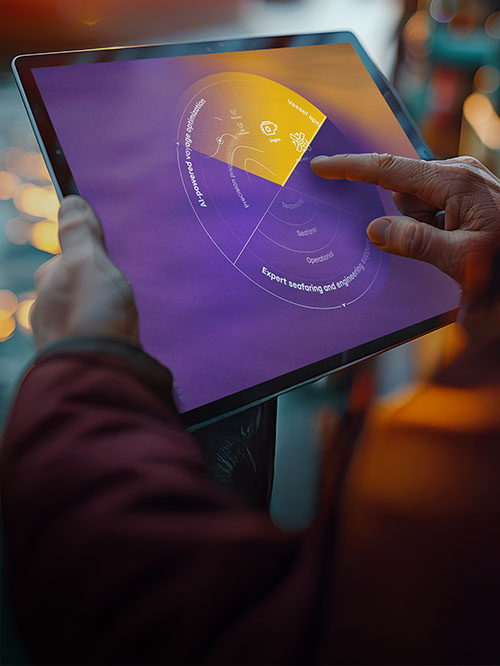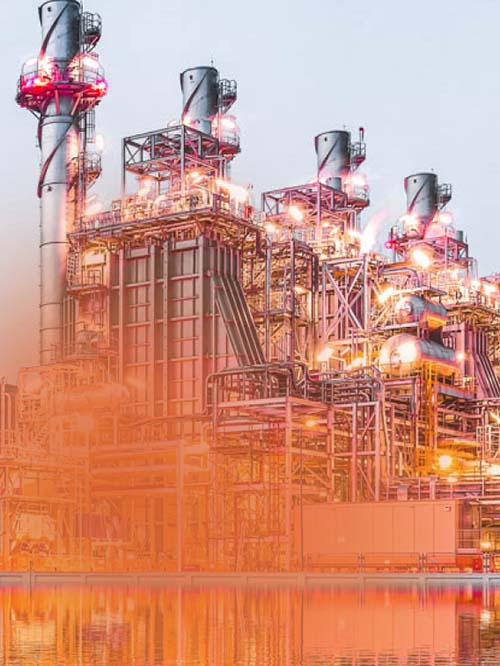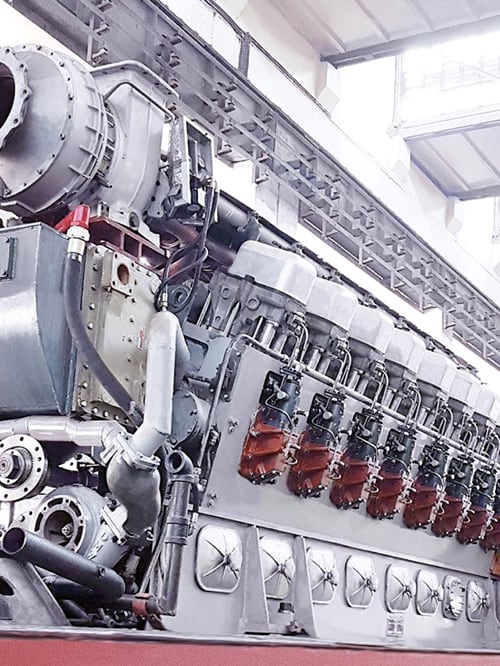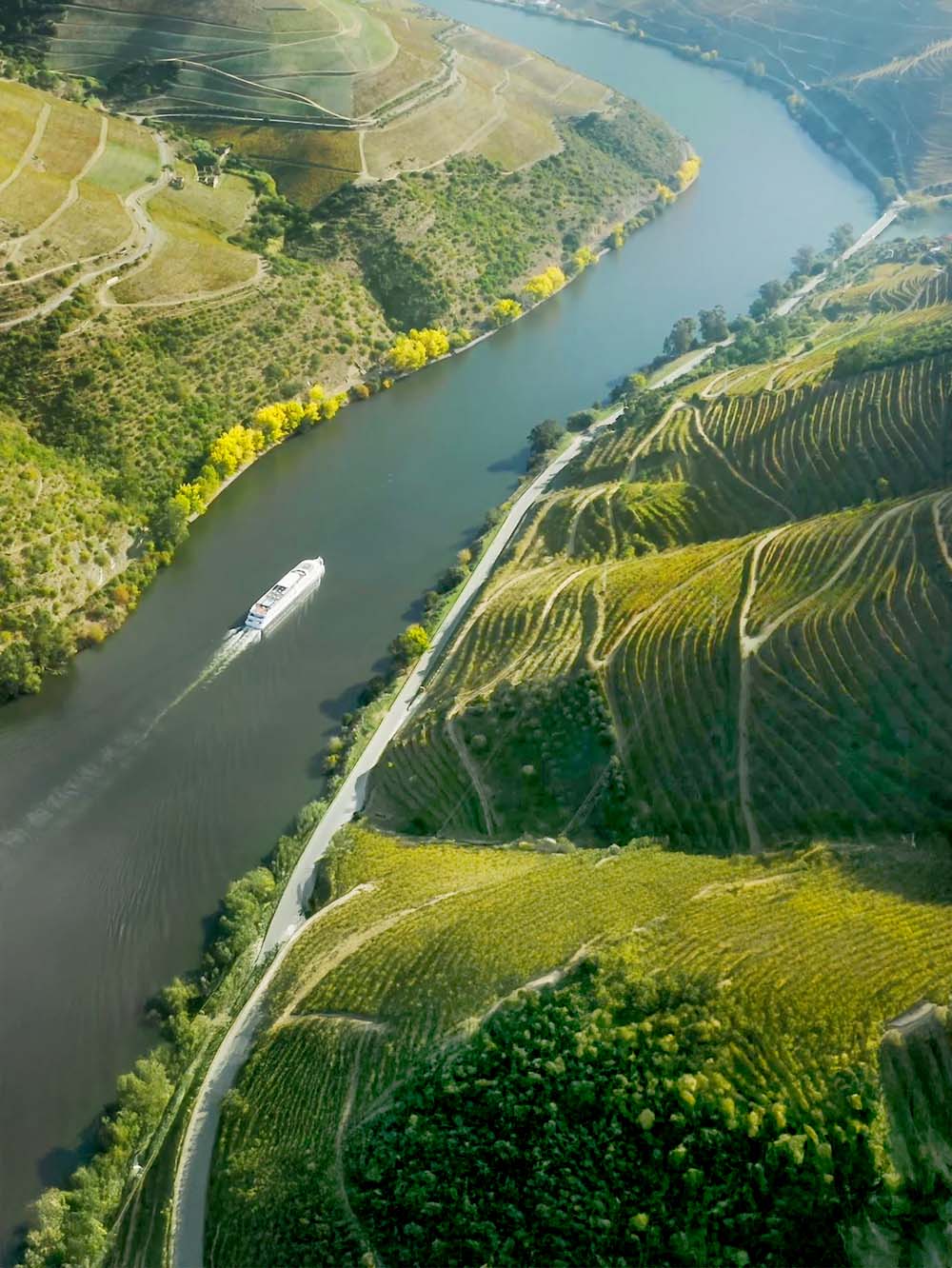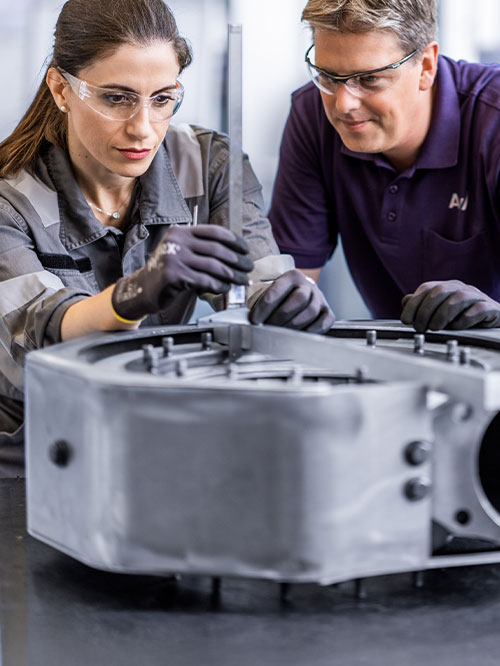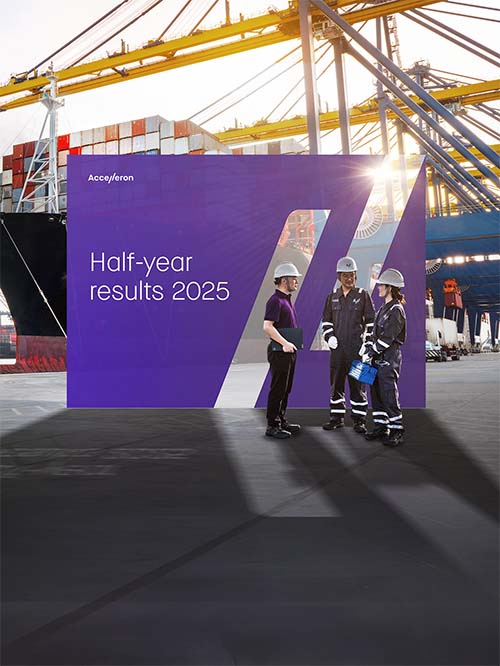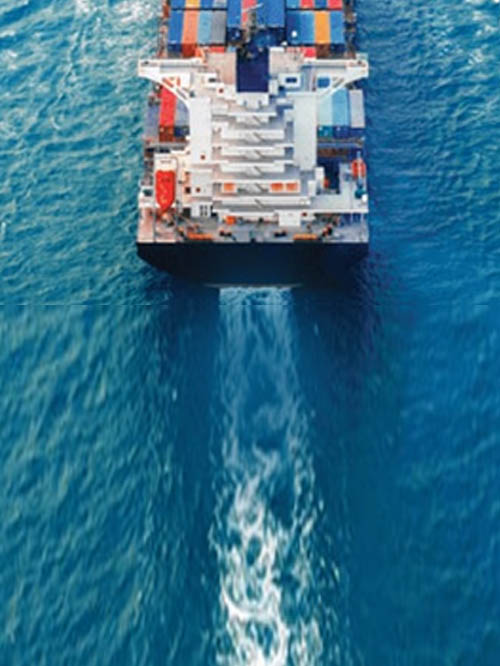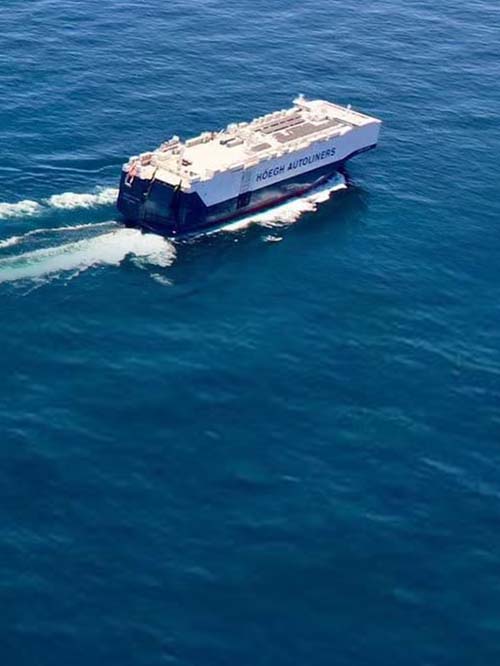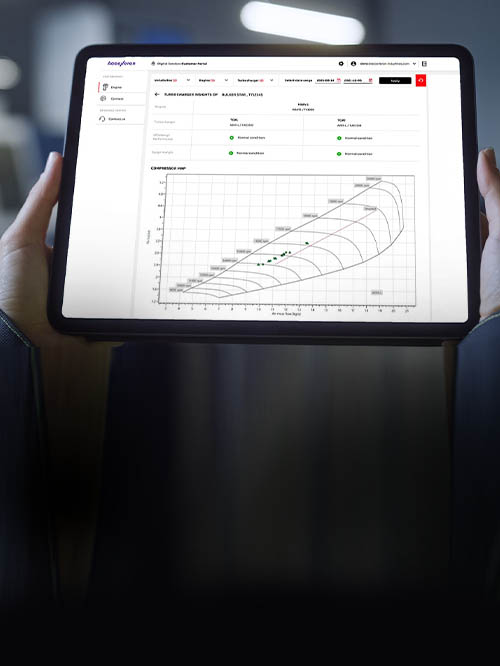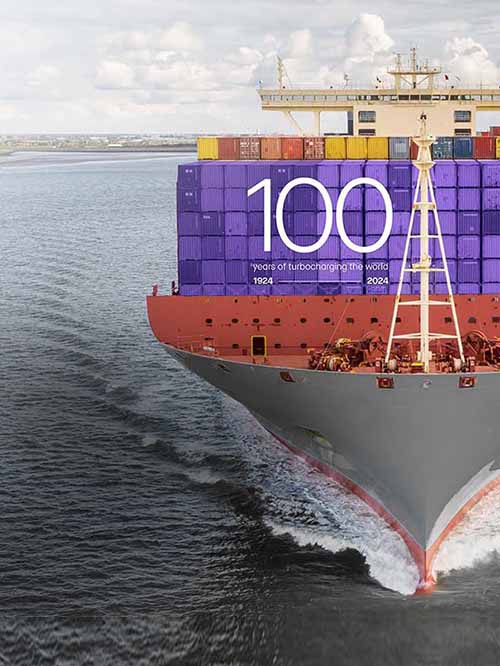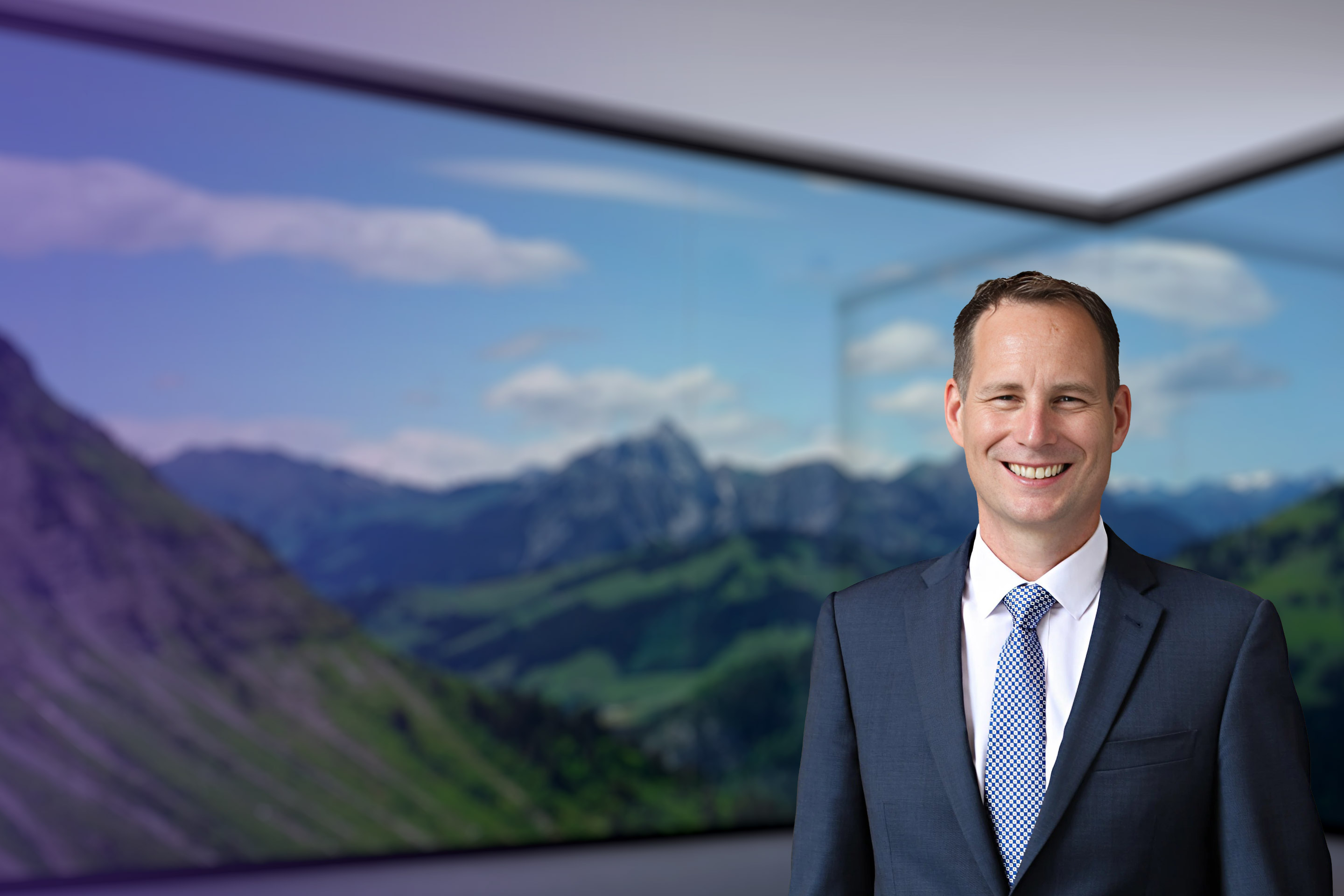Accelerating to Net Zero, a strategic dialogue series
Shipping emitted 974 million tons of CO₂ in 2024, the highest on record. Last year, global temperatures also averaged more than 1.5°C above pre-industrial levels, 25 years ahead of schedule. We now have just 25 years to undo almost two centuries of industrial emissions, and the IMO’s 2030 reduction target of 30% is only five years away.
Can we cut emissions fast enough? Studies show efficiency measures could accomplish 75% of a total potential reduction of 28-47% by 2030. That means efficiency alone could deliver a 35% cut in maritime emissions by 2030 vs. 2008. But will efficiency be implemented at scale? And will it be matched by the carbon-neutral fuels needed to stay on a 1.5° pathway all the way to net zero in 2050?
Accelerating to Net Zero tackles these questions with leaders across maritime, energy, and industry, looking at efficiency, green hydrogen, e-fuels, carbon capture, pricing, regulation, and the cross-sector collaboration needed to spur progress.
Episode 3: Dominik Schneiter, WinGD, CIMAC, and Swissmem
The conversation is about how shipping will reach the net zero horizon: the challenges and the opportunities, both within the industry and beyond it. Asked where the push for decarbonization has to begin, Dominik Schneiter said, "Cargo owners, because if they don’t create the demand to decarbonize, ship owners will not necessarily follow."
Schneiter is an engineer and an engaged leader in the engine sector. He serves not only as CEO of WinGD, but also as President of the CIMAC Congress and President of the Swissmem Combustion Engine chapter. From this position, he sees the cross-sector need to secure carbon-neutral fuels for engines to run clean. But in each of these sectors, net zero momentum, he notes, depends on demand signals strong enough to move the entire value chain.
He said, "If it comes down to a pair of sneakers or a pair of trousers, it’s down to €0.10 additional price." A nifty way of explaining the green premium collected by cargo owners to cover the higher costs of trading via ships running on more expensive low-carbon fuels. Unfortunately, says Schneiter, those premiums are very consumer-weighted, and do not travel all the way upstream to technology providers. That leaves engine makers looking to governments and innovation funds to finance the next leap forward.
In the meantime, however, a lot of powerful decarbonization technologies are ready and waiting to be put to good use. For Schneiter, efficiency remains the single most powerful and underused tool to decarbonize shipping. Schneiter said, "There’s a lot of low hanging fruits that could be used to achieve these targets. I’m convinced 40–45% [emissions cuts are] no problem." He pointed to solutions that already exist, including digital integration, tuning, shaft generators, and slower steaming.
Of course, efficiency will bring down emissions from conventional fuels, and it will also allow ships to sail farther on expensive carbon-neutral fuels with lower energy density and fewer bunkering ports. However, it won’t carry the global fleet all the way to net zero shores. For that, the actual carbon-neutral fuels are still required.
Fuel choices, in Schneiter’s view, will remain diverse for many years, so engine technology has to be ready for all of them. He said, "If the target is to decarbonize, of course, ammonia seems to be best solution simply by chemistry [NH3]. It’s just green hydrogen and nitrogen, which is in the air. It’s one process step and you have it!” At the same time, WinGD continues developing engines for LNG, methanol, methane, and ethanol, ensuring ship operators can take advantage of every possible low- carbon pathway.
Since most of those fuels are hardly available yet, Schneiter stressed that ship owners are preparing newbuild ships from the outset for future fuel conversions. He said, "In new build discussions, we already define what kind of retrofit work is needed at the first dry dock, and whether they want to install methanol or ammonia." This pre-fitting for carbon-neutral fuels allows ship owners to put new, more efficient vessels into operation right away, and then take advantage of regular maintenance times every five years to assess the fuel landscape. If a carbon-neutral fuel has scaled up by that time, they can convert the engine, if not, they sail on until the next drydock.
Schneiter praised the global IMO Net Zero Framework, to be adopted at a special session of the IMO Marine Environment Protection Committee (MEPC) in October 2025, as a breakthrough for incentivizing carbon-neutral fuel development. However, he observed that certain metrics in the regulation could have the unintended result of delaying market entry for emerging technologies with deeper decarbonization impact. He emphasized that default factors risk stalling innovation because they assume emissions based on technology type rather than actual performance. For Schneiter, the priority is to measure real tank-to-wake emissions, so that technologies delivering the greatest reductions are properly recognized.
Schneiter believes that the global IMO regulation and shipping’s role in global energy and trade make it the right sector to take the lead on decarbonization. However, he says that net zero is something that can only result from a coordinated cross-sector effort, including aviation and power generation, with UN-level energy policy to match the IMO’s targets. Schneiter said, "If this is somehow possible that global sectors come to this common target and establish a sustainable environment, then we have a planet worth living on. That would be really something to achieve."
Get ready for the launch of Accelleron’s net zero report, with contributions from Dominik Schneiter, Lynn Loo, Carsten Rolle, and many other leaders across shipping and energy!
Register now to join us in London, Tuesday, September 16, 14:00–16:00, at the LISW Global Hub, for the report launch and a stakeholder dialogue: Breaking the Carbon-Neutral Fuel Deadlock to Accelerate to Net Zero - #LISW25 London International Shipping Week
